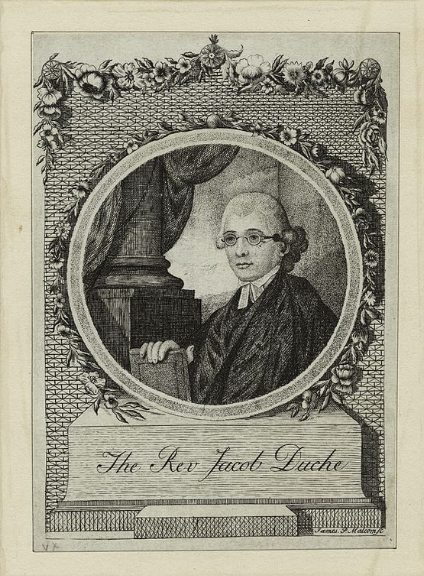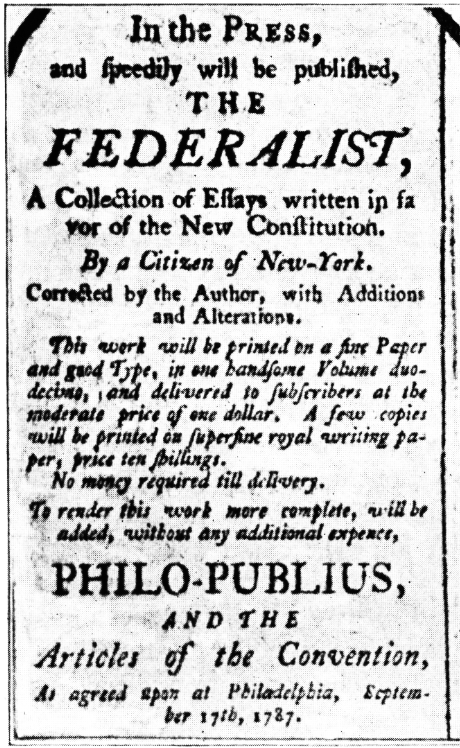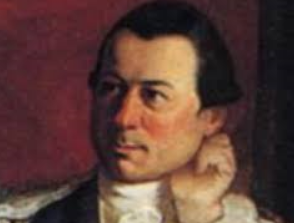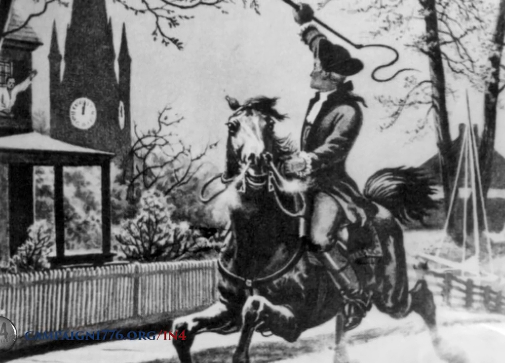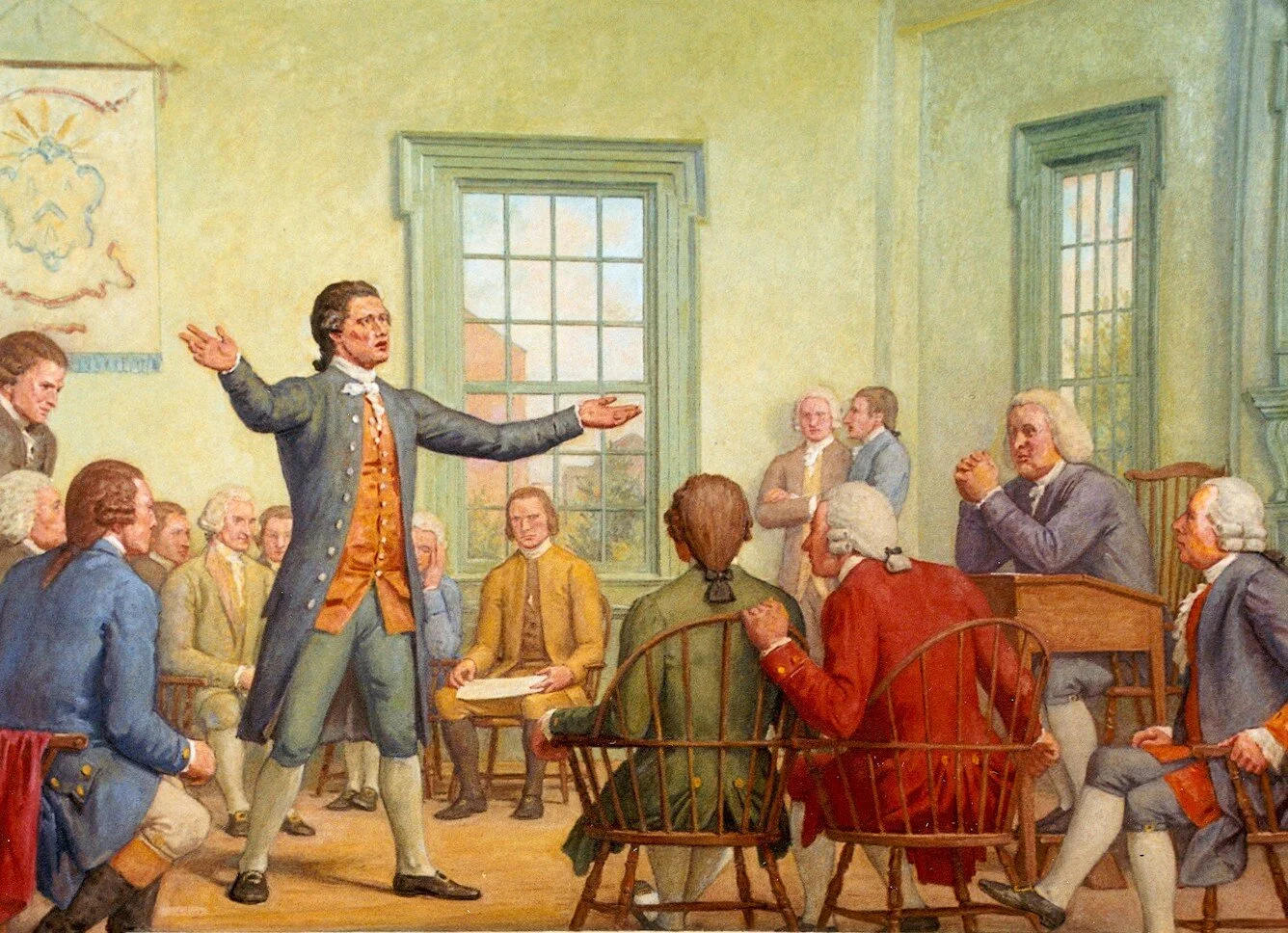The Chaplain of the First Continental Congress - Jacob Duché
Jacob Duché gave a famous sermon on the second day of the First Continental Congress.
Three years later, he wrote a letter to George Washington insisting he forfeit the Revolutionary War.
Today, we look at his interesting life and more interesting change of heart.
Jacob Duché
As a young man, Jacob Duché graduated valedictorian of the first graduating class of the College of Philadelphia.
He followed this by a trip to Europe where he attended the University of Cambridge and was ordained into the Anglican Clergy.
Upon his return to North America, Duché became assistant rector for Christ’s Church and St. Peter’s in Philadelphia.
Jacob held this position when his services were requested by a famous group of Delegates…
First Continental Chaplain
On the first day that the First Continental Congress was in session, they decided to have a chaplain come in and pray for their success.
The man they specifically requested was Jacob Duché.
Duché gave a rousing sermon that greatly impressed everyone involved.
With this event, Jacob became the first Chaplain of the Continental Congress.
Change of Heart
Duché grew as a hero to the Patriot Cause after the Declaration of Independence was signed by agreeing with other men of faith in Philadelphia to have any reference to the King removed from prayers.
Unfortunately, when the British occupied Philly, Duché did not evacuate the city with the Continental Congress.
This was a poor decision, as Jacob was taken prisoner by General Howe and intensely interrogated.
The result of this situation was Duché having an extreme change of heart and starting to work on behalf of the Loyalists.
An Attempt to Change Course
Perhaps more famous than his First Continental Congress-opening sermon was a letter Duché sent to George Washington.
Jacob wrote to Washington, who was camped with the army at Valley Forge, insisting the General lay down his arms and sue for peace with the Mother Country.
A part of Duché’s recommendation was to dissolve the Declaration of Independence despite being a brother-in-law of signer Francis Hopkinson.
Outcast
Suffice to say that Jacob’s letter did not go over well with the Patriots.
Pennsylvania convicted him of treason and took his property.
Duché escaped prosecution by travelling to England, where he spent over a decade working in an orphanage.
Finally, in 1792, after suffering a stroke, Jacob was able to return to Philadelphia where he spent the last few years of his life.
You might want to read some articles about other MEN OF THE CLOTH:
Reforming Wayward Women - William White and the Magdalen Society
The Church Without England - Samuel Seabury Reunites the Faithful
Jacob Duché’s decision to abandon the Patriot Cause is difficult to interpret in a short article like this one.
‘America’s First Chaplain’ goes into great detail on his life and the layers of happenings around Philadelphia that played into his decision.
If you’d like a copy you can get one through the Amazon affiliate link below (you’ll support this site, but don’t worry, Amazon pays me while your price stays the same).
Want to get fun American Revolution articles straight to your inbox every morning?
Your in luck!
You can subscribe to my email list here.
You might also want to support Founder of the Day on Patreon.
